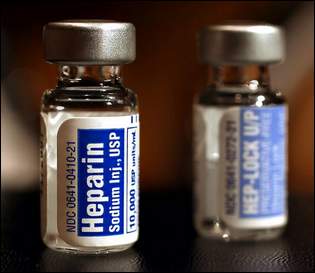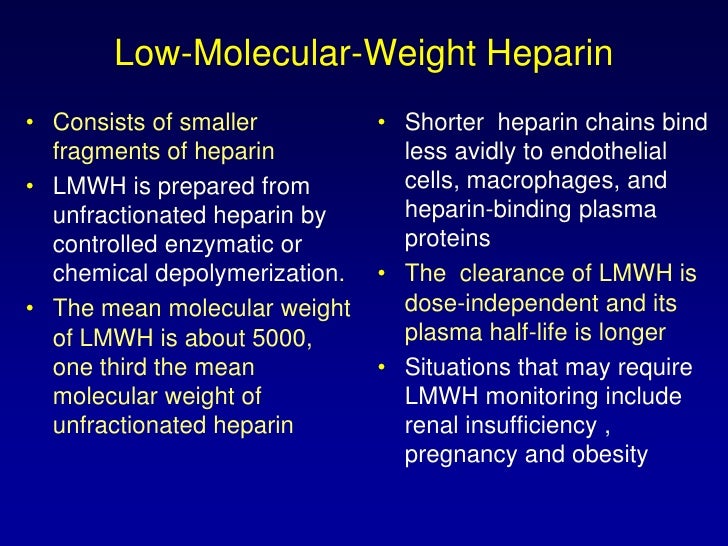

“That can represent a potentially dangerous situation for the physician, pharmacist and patient.” “If a person’s kidneys aren’t effectively clearing heparin from the blood, the drug stays active in the body for longer than expected,” said Nigel Key, a hematologist with UNC Health Care and the UNC School of Medicine and one of the paper’s coauthors.

The antidote, called protamine, is not as effective in reversing low-molecular-weight heparin so Liu and Lindhardt tweaked the drug’s molecular structure so that protamine is able to deactivate it. Patients receiving unfractionated heparin are in less danger because there is an existing FDA-approved antidote available. Up to 5 percent of patients receiving heparin experience some form of uncontrolled bleeding, explained Liu.

Their creation is described in Nature Chemical Biology this week. Liu and RPI’s Robert Lindhardt and their teams created a synthetic version of low-molecular-weight heparin that can be counteracted by an existing drug and can be cleared by the liver, not the kidneys. However, low-molecular-weight heparin doesn’t have an antidote and it is also cleared from the body by the kidneys, which can make it unsuitable for patients with a weakened kidney function, a relatively common condition among hospitalized patients. While unfractionated heparin is the type commonly used in procedures such as dialysis, the more-refined low-molecular-weight heparins are the drugs of choice for preventing dangerous blood clots in hospitalized patients. Distinguished Professor in the UNC Eshelman School of Pharmacy, and one of the inventors of the new drug. “When doctors talk to me about the kind of heparin they want to use during and after surgery, they want it reversible, and they want it to not go through the kidneys,” said Jian Liu, the John A. Now researchers at the University of North Carolina at Chapel Hill and Rensselaer Polytechnic Institute have created a synthetic form of low-molecular-weight heparin that can be reversed if things go wrong and would be safer for patients with poor kidney function. But when patients experience the other extreme – uncontrolled bleeding – in response to low-molecular-weight heparin, there is no antidote. Low-molecular-weight heparin is commonly used in surgeries to prevent dangerous blood clots.


 0 kommentar(er)
0 kommentar(er)
